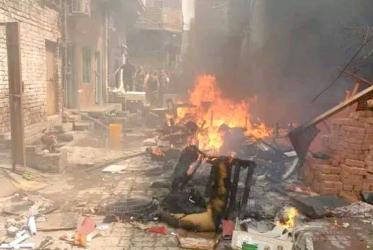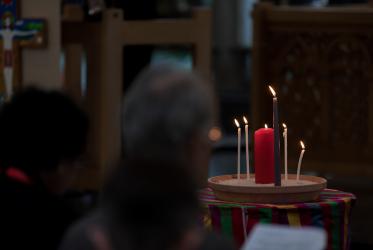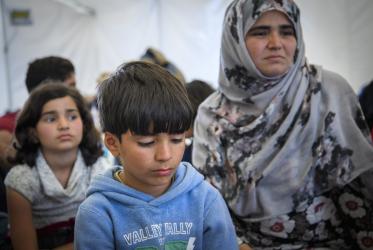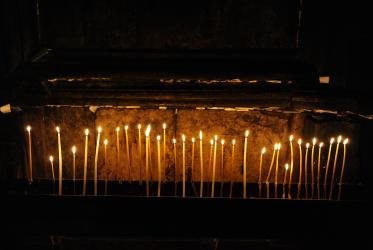Displaying 1 - 8 of 8
WCC condemns bomb attack in Pakistan
31 July 2023
WCC mourns death of Bishop John Victor Samuel
03 September 2018
Lahore bombing shows vulnerability of Pakistanis
31 March 2016
WCC strongly condemns terror attack in Pakistan
28 March 2016
WCC extends sympathies to Peshawar victims
17 December 2014
Momentum builds for ban on nuclear weapons
16 December 2014





